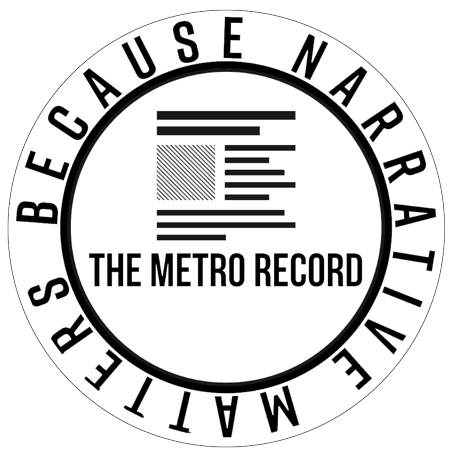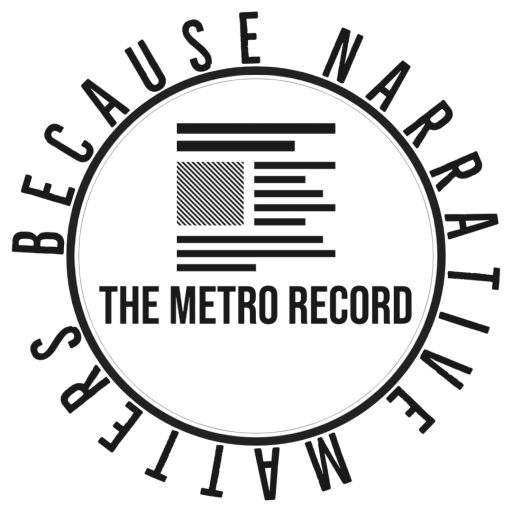BOSTON- State Senator Adam Gomez (D-Springfield) joined the Healey-Driscoll Administration today in announcing grants worth nearly $275k being awarded in the Springfield area to combat the opioid epidemic, with Choice Recovery Coaching and the Black Behavioral Health Network set to receive $222,500 and $50,000 respectively to help the organizations deepen their impact, scale their work, and build a strong and sustainable infrastructure to meet the needs of populations in historically underserved communities.
Gomez had this to say on the funds being secured, “The opioid epidemic has taken so much from our area, with families being torn apart and our resources stretched thin. I am grateful for the organizations doing meaningful work on the frontlines of this issue and providing necessary supports in our area, and for the Healey-Driscoll administration prioritizing underserved populations that have seen an increased rate of overdose deaths, like Springfield has. We can’t be complacent against this issue- we must continue to push back against its stigmatization and help affected individuals on their path to recovery. These funds are crucial in this fight.”
The announcement comes as part of the Administration’s $3.75 million commitment in grants to 18 grassroots organizations to reduce the harms caused by the opioid epidemic in communities disproportionately impacted by overdose deaths. The grants are the first to be awarded through the Mosaic Opioid Recovery Partnership (Mosaic), a new grantmaking program designed to support communities and populations that have been historically underserved and have experienced a high rate of opioid-related overdose deaths.
Mosaic was developed earlier in 2024 through a collaboration between the Department of Public Health’s (DPH) Bureau of Substance Addiction Services and RIZE Massachusetts to increase the equitable allocation of Opioid Recovery and Remediation Fund (ORRF) grants to small community-based organizations and municipalities that often face significant obstacles and barriers to accessing more traditional funding opportunities.
“Too many Massachusetts families have been devastated by the impacts of substance use disorder,” said Governor Maura Healey. “These awards underscore our commitment to equitable access to necessary resources for prevention, recovery, and treatment programs in communities disproportionately impacted by the opioid epidemic.”
“These grants ensure that opioid settlement funds are invested in community organizations that are working at the grassroots level but that face challenges in competing for grant funding,” said Undersecretary of Health Kiame Mahaniah. “We’re hopeful that these diverse organizations will now have the ability to build on their substance use disorder programming while centering the voices of the community they know so well and who have been directly impacted by the overdose crisis.”
The primary goal of this first round of funding is to help organizations deepen their impact, bring their work to scale, and build a strong and sustainable infrastructure to meet the needs of the populations they serve. Each organization will receive between $16,000 to $150,000 annually over a three-year period to focus on one or all of the following areas: prevention, harm-reduction, connections to care, recovery supports, trauma, grief, and family supports.
“Our efforts are focused on reducing barriers to access in communities and among populations hardest hit by substance use disorder and overdose deaths,” said Department of Public Health Commissioner Robbie Goldstein, MD, PhD. “Those working at the grassroots level, who know their communities best, need this support to provide culturally responsive services for those struggling with addiction and families that have suffered devastating losses to overdose.”
“Opioid settlement funding has created a rare opportunity to provide the people and the communities most impacted by the overdose crisis with the resources to support locally led prevention, treatment, intervention, recovery and harm reduction services,” said Deirdre Calvert, Director of DPH’s Bureau of Substance Addiction Services. “Mosaic will be the bridge that connects our statewide overdose prevention strategy to local efforts.”
“We believe the best ideas come from learning, sharing, and partnerships. Just like a mosaic is made up of individual materials to create a complete picture, this partnership brings together the best community-led ideas and initiatives across the Commonwealth to create a comprehensive response to the opioid overdose crisis,” said Julie Burns, President and CEO of RIZE. “This model will ensure that the dollars are invested and remain in the communities most deeply impacted by the crisis while also fueling transformative change through grassroots efforts.”
In addition to this first round of funding, there will be two additional rounds of grantmaking this fiscal year, which ends on June 30, 2025. All rounds of grantmaking will be informed by those with lived experience and expertise related to the overdose crisis. Overall, the Mosaic grantmaking program represents a commitment by the Commonwealth to dedicate $5 million annually over the next 18 years (or 18 percent of the total opioid settlement funds in the ORRF) toward funding locally led initiatives to address the harms caused by the opioid epidemic.
The ORRF was established in 2020 to receive and administer funds from certain legal settlements relating to allegations brought against companies in connection with the opioid crisis. Over the next 18 years, Massachusetts anticipates $1 billion to be received through the settlements and used for substance use prevention, harm reduction, treatment, and recovery. Of this funding, 40 percent is allocated for municipalities and 60 percent directly to the ORRF.
For more information on the announcement, please contact Julie Burns at Julie.Burns@rizema.org





